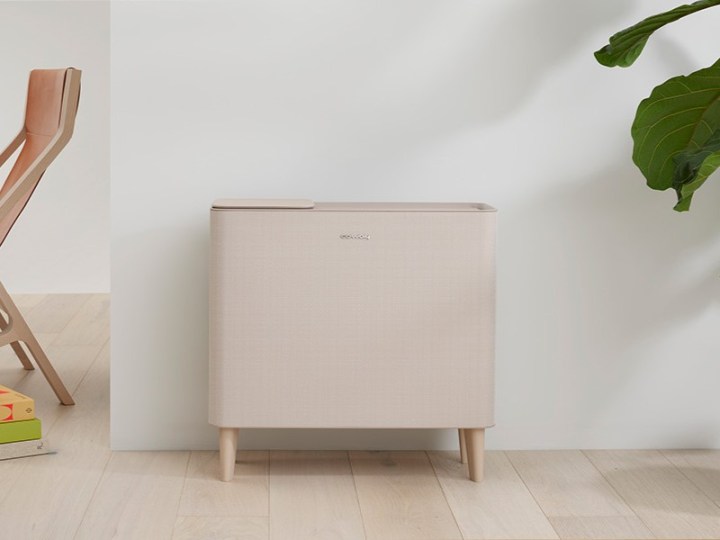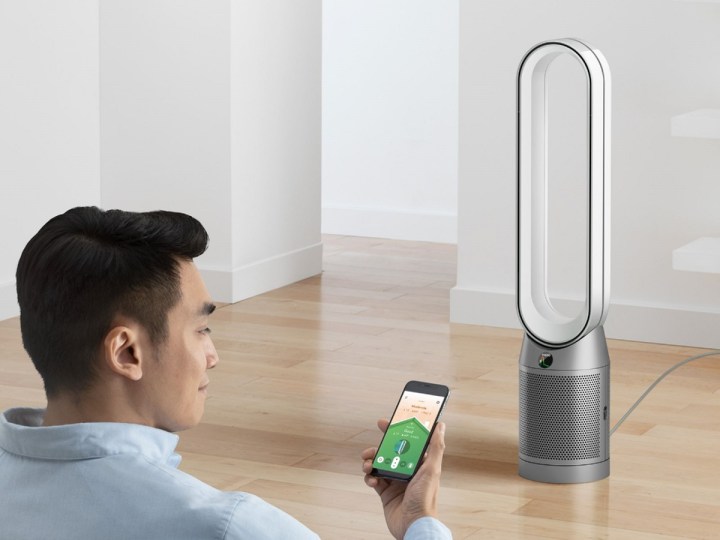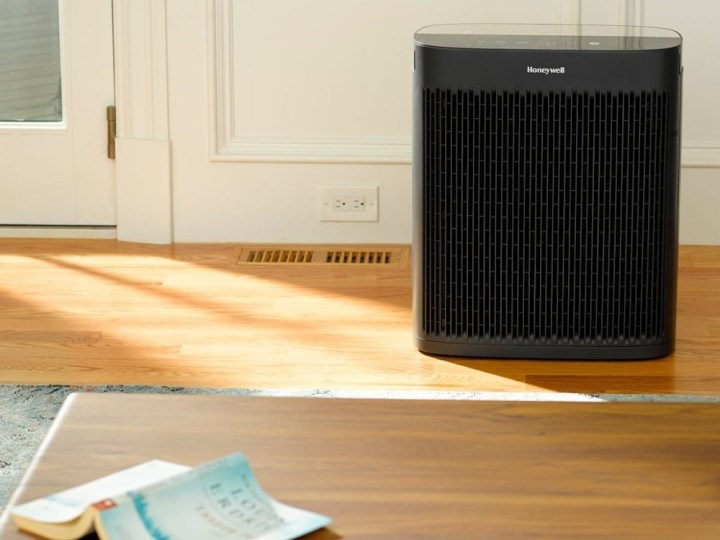
Spring is in full swing, and much of the population has officially succumbed to the sniffling and sneezing associated with seasonal allergies. that makes now a great time to consider picking up an air purifier, as they’re shown to do wonders for air quality. Along with handling dander from pets, they’ll also eliminate pollen and other allergens that may wander through your doors and windows. Air purifiers are incredibly popular — and smart air purifiers are finally starting to catch up.
But should you invest in a smart air purifier, or are you better off with a traditional one? Here’s a look at these unique gadgets to help you decide if one is right for your home.
What is a smart air purifier?

A smart air purifier is essentially a standard air purifier with additional connectivity options. Some can be activated via voice commands, while others can sync with smart home platforms like Alexa to provide additional connectivity to the rest of your smart home. In short, smart air purifiers are air purifiers that give users additional ways to interact with them. This contrasts with traditional air purifiers, as these can only be activated manually from the unit itself.
Do smart air purifiers work?

Yes, smart air purifiers can work wonders to clear your air, but performance varies by model. And because several lesser-known companies are churning out smart air purifiers, there’s a wide range of performance levels available on the market. Some smart air purifiers come from trusted brands like Coway, while others come from unknown brands sold via Amazon or other online marketplaces. The former are a welcome addition to most homes, but the latter might not be powerful enough to improve the air quality of your indoor environment.
The main thing to look for when shopping for a smart air purifier is a trusted brand (Coway, Honeywell, Dyson, Blueair) and the use of multiple filters. Air purifiers often use a combination of washable prefilters and replaceable HEPA filters. This setup is great for capturing large objects like hair and fur in the prefilter before eliminating smaller particles like allergens and dander with the HEPA filter.
Stick with traditional models

While smart air purifiers from trusted brands are all but guaranteed to work as well as traditional air purifiers, they often carry inflated price tags. For example, the Coway Airmega 400 retails for $649, while the smart version of the air purifier, the Airmega 400S, retails for $749. Both products are virtually identical (offering similar designs and ratings based on room size), but the 400S adds support for Alexa, Google Home, and a companion mobile app.
Whether that’s worth an extra $100 will come down to the needs of each individual shopper, but most people will find the added features to be frivolous. This is because you’ll likely be running your air purifier all the time, meaning there’s little need for robust connectivity or quick access to customization options.
Unlike smart light bulbs, smart thermostats, or smart blinds, which are constantly manipulated throughout the day, air purifiers are largely set-it-and-forget-it types of devices. And because you won’t see much difference in performance between smart air purifiers and traditional air purifiers, you’re better off saving your money and purchasing additional HEPA filters to get you through the spring.
Editors’ Recommendations
